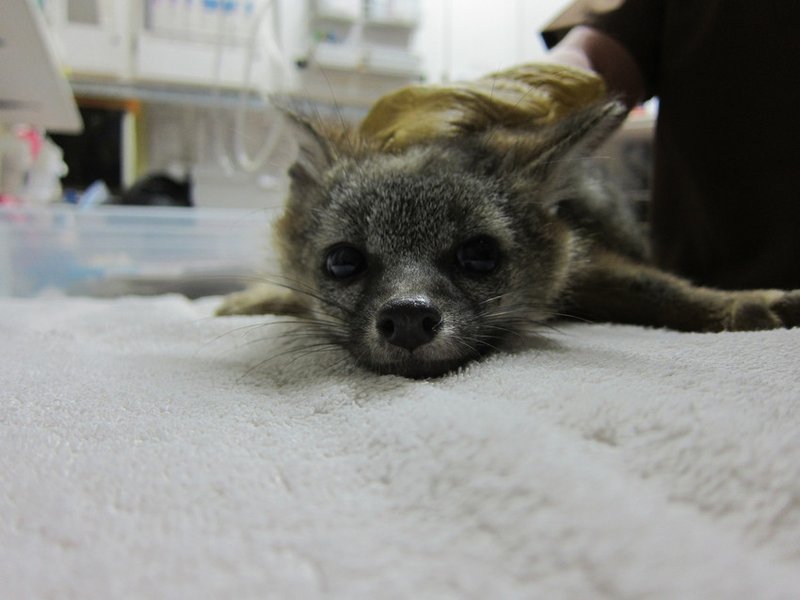For Immediate Release, August 28, 2024
|
Contact: |
J.P. Rose, Center for Biological Diversity, (408) 497-7675, [email protected] |
California Senate Approves Stronger Protections Against Toxic Rat Poison
SACRAMENTO, Calif.— The California Senate today approved tighter restrictions on the use and sale of toxic rat poison, which frequently poison owls, foxes, pumas and many other wildlife. The Poison-Free Wildlife Act, or Assembly Bill 2552, would expand the existing rodenticide moratorium to include all blood-thinning rat poisons, known as anticoagulant rodenticides.
The bill, already approved by the state Assembly in May, now awaits Gov. Gavin Newsom’s signature.
“It’s cruel and outrageous that we’re indiscriminately poisoning California wildlife such as owls and mountain lions especially when there are much safer options,” said J.P. Rose, Urban Wildlands policy director at the Center for Biological Diversity. “By offering the strongest protections in the country against these deadly poisons, California is showing a better, more humane way to handle rat problems.”
The state legislature first set restrictions on super toxic rat poisons in 2020 and expanded the restrictions three years later to include the first-generation anticoagulant rodenticide diphacinone. But secondary poisoning is still widespread, with many imperiled species including mountain lions, San Joaquin kit foxes and northern spotted owls needlessly harmed or killed.
A recent California Department of Fish and Wildlife study found that 88% of raptors and 95% of mountain lions tested had exposure to anticoagulant rodenticides. These poisons can cause animals to suffer from internal bleeding, mange or organ failure and sicken them so they are unable to find food or avoid predators. The Poison-Free Wildlife Act expands restrictions to the final two anticoagulant rodenticides, chlorophacinone and warfarin.
“Too many eagles, kestrels, and other raptors have been poisoned by chlorophacinone and the other anticoagulants so it’s obvious that California needs to take urgent action,” said Lisa Owens Viani, director of Raptors Are The Solution. “Steering the public away from these poisons not only helps foxes, cougars and bobcats, it’ll make it safer for people’s pets, too.”
A.B. 2552, which is sponsored by the Center, Raptors Are The Solution and Animal Legal Defense Fund, includes exemptions that allow for rodenticide use to protect agriculture, water supplies and public health.
“At a time when there are a multitude of threats to wildlife, the California Legislature has taken another critical step towards safeguarding these species where harm can be prevented,” said Jennifer Hauge, Animal Legal Defense Fund senior legislative affairs manager. “The time is now to round out the moratorium on the worst of the worst poisons.”
There are other effective ways to manage a rodent infestation that doesn’t involve using toxic rat poisons that harm other animals. They include exclusion, sanitation, fertility control and a variety of traps. To learn more about these alternatives, visit raptorsarethesolution.org/got-rats. To learn myths and facts about the Poison-Free Wildlife Act, visit https://protectcawildlifefrompoison.org.

The Center for Biological Diversity is a national, nonprofit conservation organization with more than 1.7 million members and online activists dedicated to the protection of endangered species and wild places.

